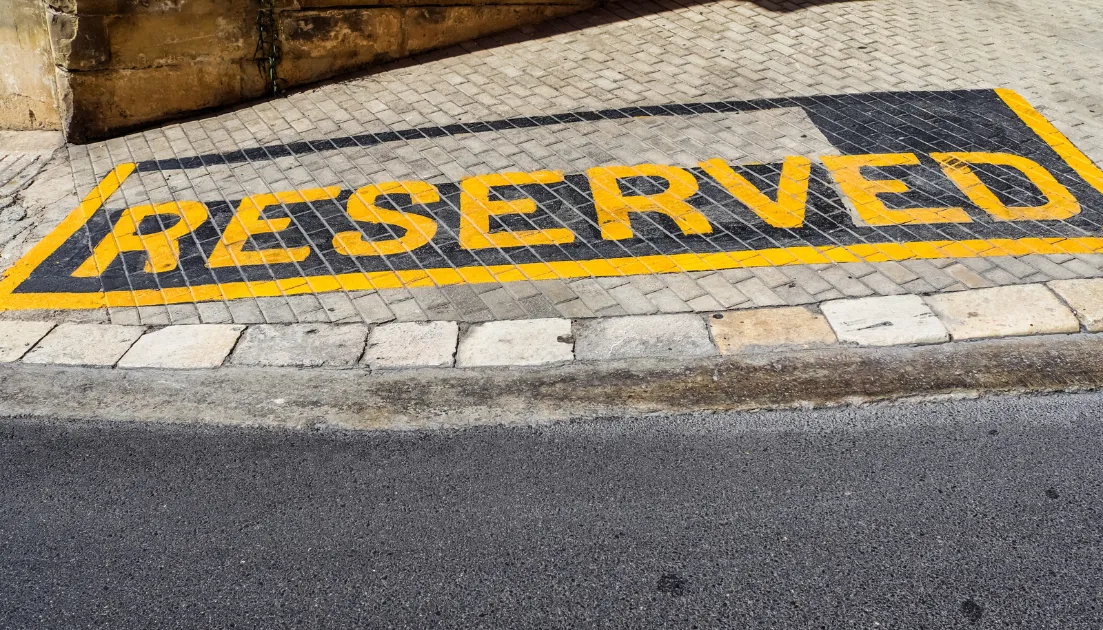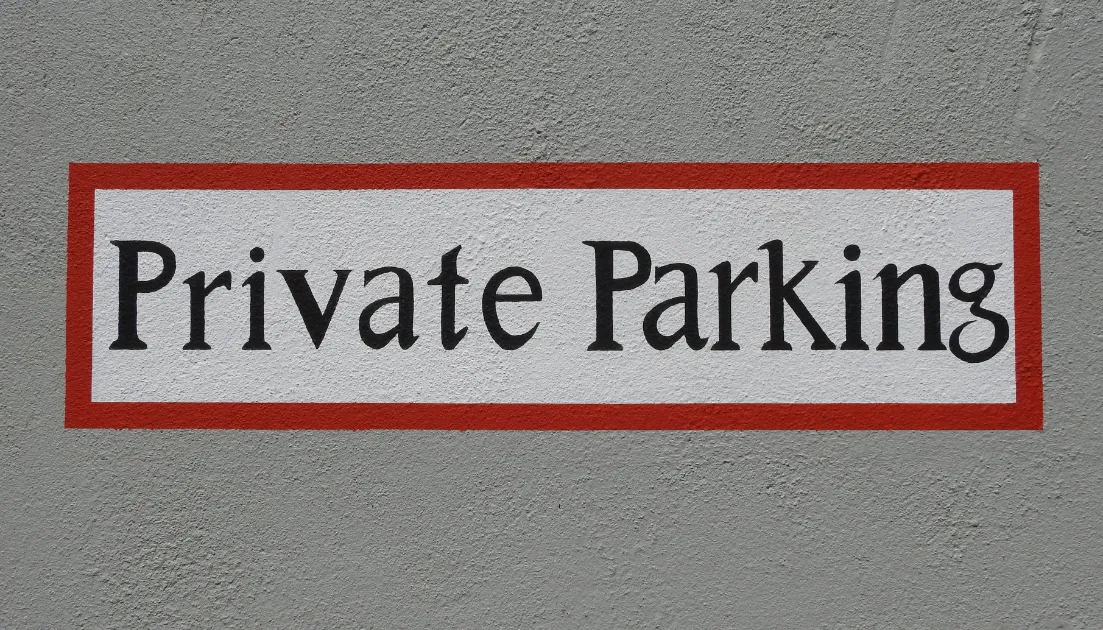Understanding UK Private Parking Regulations: Essential Guide

Private parking regulations have become increasingly complex across the United Kingdom in recent years, affecting millions of motorists daily. These regulations govern how private land owners can manage, enforce and charge for parking on their property. With the rising number of private parking fines—often called Parking Charge Notices (PCNs)—being issued annually, understanding your rights and responsibilities has never been more important.
The Legal Framework of Private Parking Regulations

Private parking regulations operate under a different legal framework than council-managed public parking. While local authorities enforce public parking through statutory powers, private parking companies rely on contract law. When you park on private land displaying terms and conditions, you enter into a contract with the landowner or their appointed parking management company.
The Protection of Freedoms Act 2012 marked a significant change in private parking enforcement, allowing operators to hold the registered keeper of a vehicle liable for parking charges, rather than having to identify the driver. This legislation created a more robust framework for private parking companies to pursue unpaid charges.
Currently, the most significant regulatory bodies overseeing private parking include the British Parking Association (BPA) and the International Parking Community (IPC). Both organisations maintain codes of practice that member companies must follow, though adherence to these standards varies considerably across the industry.
Common Types of Private Parking Restrictions
Private parking spaces exist in various forms throughout the UK, each with distinct regulations and enforcement methods:
Retail Park Parking
Most retail parks implement time-limited free parking, typically ranging from 2-4 hours. Many use Automatic Number Plate Recognition (ANPR) cameras to monitor entry and exit times. Exceeding the allowed duration often results in substantial penalty charges, sometimes reaching £100 or more.
Hospital Parking
Hospital car parks usually operate under strict payment systems, requiring visitors to pay for the exact duration of their stay. Some hospitals have implemented grace periods for emergency situations, but regulations vary significantly between NHS trusts. Recent changes have introduced free parking for specific groups, including disabled badge holders and certain overnight patients.
Residential Parking Areas
Private residential parking spaces typically fall into two categories:
- Allocated spaces within housing developments
- Privately managed residential parking zones
Management companies frequently issue permits to residents and maintain the right to penalise unauthorised vehicles. Visitor parking spaces often have specific time restrictions and registration requirements that guests must observe to avoid penalties.
Hotel and Restaurant Parking
Many hotels and restaurants require guests to register their vehicle registration numbers at reception to avoid parking charges. This system helps businesses reserve spaces for genuine customers while discouraging unauthorised parking.
Your Rights When Facing a Private Parking Charge
When confronted with a private parking charge, understanding your rights is essential. Private parking charges differ fundamentally from council-issued Penalty Charge Notices in several important ways:
Firstly, private parking charges are not fines in the legal sense but rather invoice claims for breach of contract. The Supreme Court case ParkingEye v Beavis (2015) established that these charges can be enforceable when they represent a legitimate interest and are not excessively punitive.
If you receive a parking charge, you have the right to:
- Request evidence supporting the alleged contravention
- Appeal directly to the parking company within 28 days
- Escalate to independent appeals services if the company rejects your initial appeal
The two main independent appeals services are:
- POPLA (Parking on Private Land Appeals) for BPA members
- IAS (Independent Appeals Service) for IPC members
These services provide impartial assessment of disputes between motorists and parking operators. Statistics show that approximately 40% of appeals to these bodies succeed, making the appeals process worthwhile in many cases.
Recent Changes to Private Parking Enforcement
The private parking landscape has undergone significant transformations in recent years. The government has taken steps to regulate the industry more stringently following widespread complaints about predatory practices and disproportionate charges.
The Parking (Code of Practice) Act 2019 established the framework for a single Code of Practice applicable to all private parking operators. This legislation aims to standardise practices across the industry and provide greater consumer protection.
Key changes in the regulatory environment include:
- Introduction of a tiered system for parking charges based on the severity of contraventions
- Mandatory grace periods of 10 minutes before enforcement action
- Clearer signage requirements detailing all terms and conditions
- More transparent appeals processes with standardised timeframes
- Reduction in the maximum parking charge levels
Implementation of these measures has been gradual, with full enforcement expected to be complete by late 2025. The new Single Code of Practice represents the most comprehensive attempt to date to bring consistency to private parking regulations across the UK.
How to Challenge Unfair Private Parking Charges
Successfully challenging a parking charge requires methodical preparation and understanding of both your rights and the parking operator’s obligations. The process typically follows these steps:
Initial Assessment
Begin by carefully reviewing the charge notice and surrounding circumstances. Valid grounds for appeal might include:
- Inadequate or unclear signage
- Mitigating circumstances such as vehicle breakdown
- Evidence that terms were followed (payment receipts, registration records)
- Technical errors in the charge notice itself
- Disproportionate penalty relative to the alleged breach
Gather photographic evidence where possible, including signs, parking bay markings, and any relevant payment machines or validation systems.
Formal Appeal Process
When submitting your appeal, maintain professional communication and focus on factual information. Include all relevant evidence and reference applicable sections of the operator’s Code of Practice where breaches have occurred.
If your initial appeal is rejected, you maintain the right to escalate to the independent appeals service relevant to the parking operator. This step costs nothing to the motorist and prevents the parking company from taking further action until the appeal is resolved.
After Appeals Are Exhausted
Should your appeals prove unsuccessful, carefully consider your next steps. In many cases, parking companies may pass unpaid charges to debt collection agencies. While these agencies have no additional legal powers, their involvement can increase pressure to pay.
Court action remains the ultimate enforcement mechanism available to parking operators. However, they must demonstrate that:
- A valid contract existed
- This contract was breached
- The charge represents a reasonable pre-estimate of loss or a legitimate interest
- All procedures were followed correctly
Special Considerations for Private Parking Users
Certain circumstances merit special attention when navigating private parking regulations:
Blue Badge Holders
While Blue Badge holders enjoy specific rights in public parking areas, these privileges do not automatically extend to private land. Some private operators voluntarily offer concessions, but this varies considerably. Always check the specific terms displayed before assuming exemptions apply.
Electric Vehicle Charging Points
As electric vehicle adoption increases, dedicated charging bays in private car parks have become common. These spaces typically have dual restrictions—both time limits and requirements for active charging. Penalties for misuse tend to be higher than standard parking contraventions.
Private Land with Public Rights of Way
Some privately owned land may have established public rights of way crossing through it. These rights of way must remain unobstructed, but do not confer general parking rights. This complex intersection of private ownership and public access rights often leads to disputes.
Future Trends in Private Parking Management
The private parking sector continues to evolve rapidly, with several emerging trends likely to shape future regulations:
- Increased integration of digital payment systems eliminating the need for physical tickets
- Dynamic pricing models adjusting rates based on demand and time of day
- Enhanced use of AI and machine learning for enforcement and space management
- Greater focus on environmental considerations, including preferential treatment for electric and low-emission vehicles
- Integration with smart city initiatives for more efficient urban parking distribution
These innovations aim to balance the legitimate interests of landowners with fair treatment of motorists, though regulatory frameworks will need continued development to address novel challenges arising from technological advancement.
Common Questions About Private Parking Regulations
FAQ
Can private parking companies access DVLA records? Yes, accredited operators can request vehicle keeper details from the DVLA for a fee of £2.50 per request. This access is granted specifically for the purpose of pursuing parking charges.
Is there a time limit for issuing parking charges? Operators should issue parking charges within 28 days of the alleged contravention. Charges issued beyond this timeframe may be successfully challenged on these grounds.
Can parking charges affect my credit rating? Unpaid parking charges cannot directly affect your credit score unless a court judgment is obtained against you and remains unpaid.
Are private parking charges enforceable against the vehicle’s registered keeper? Yes, under the Protection of Freedoms Act 2012, the registered keeper can be held liable if the driver cannot be identified, provided specific procedural requirements are met.
Can clamping still occur on private land? Vehicle clamping and towing on private land was largely outlawed in England and Wales under the Protection of Freedoms Act 2012, with limited exceptions including railway land, ports, and airports.
What happens if I change my vehicle’s registration after receiving a parking charge? Changing your vehicle registration will not invalidate an existing parking charge, as the charge is linked to both the vehicle and the registered keeper at the time of the alleged contravention.
Understanding private parking regulations empowers motorists to navigate these spaces confidently while avoiding unnecessary charges. As regulations continue to evolve, staying informed about your rights and responsibilities remains essential for anyone driving in the UK.
What experiences have you had with private parking enforcement? Have you successfully challenged a parking charge notice? Share your thoughts and questions in the comments below.





